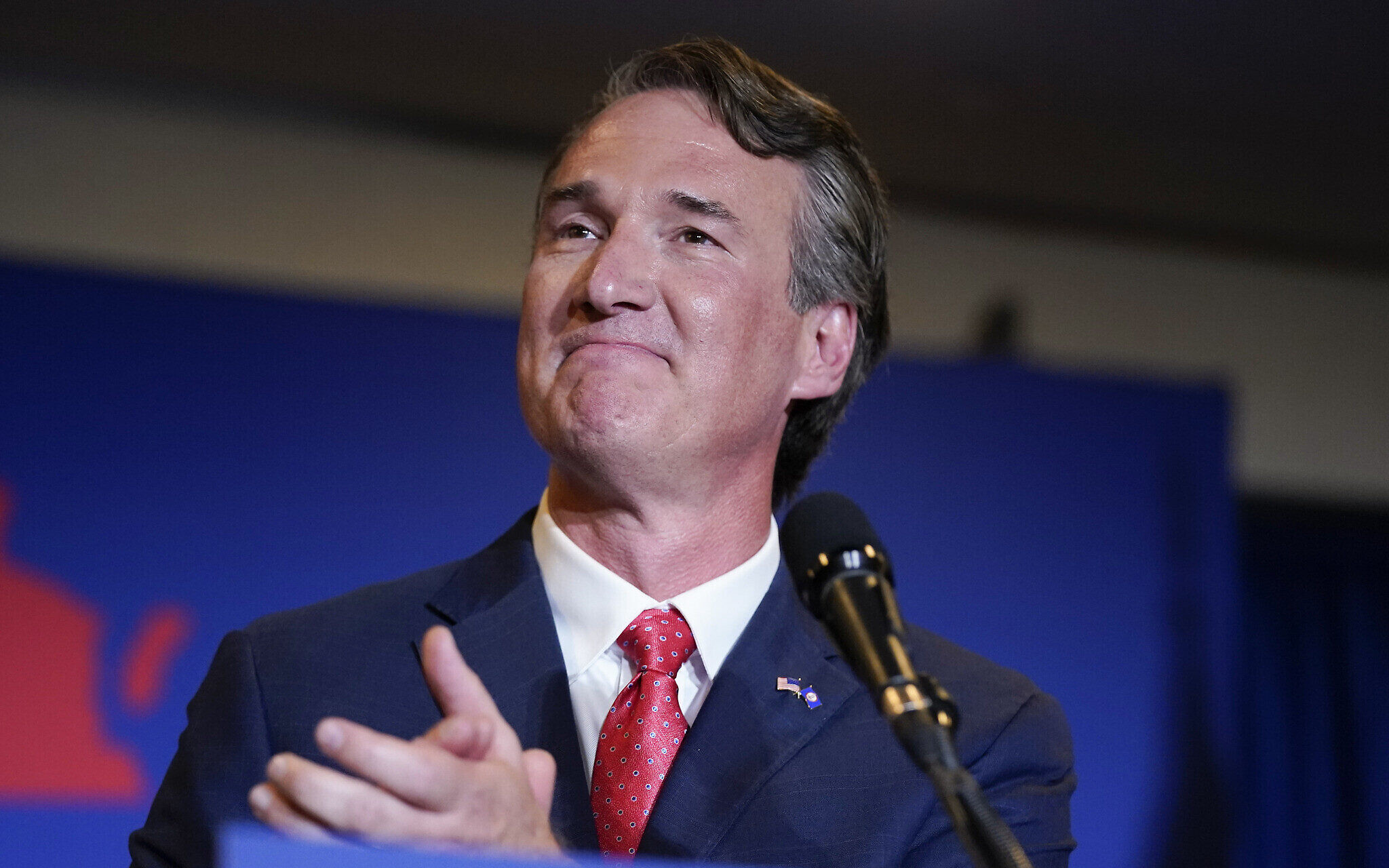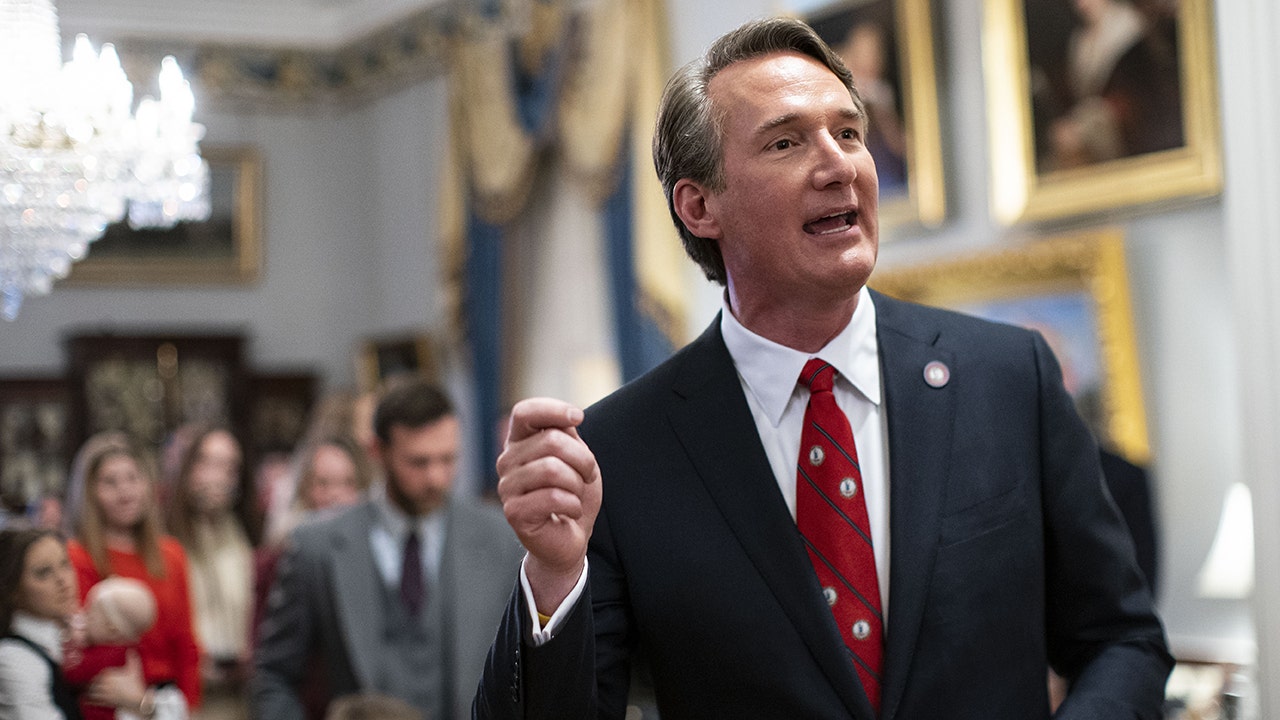Glenn Youngkin’s Religious Beliefs

Glenn Youngkin, the 74th governor of Virginia, is a devout Christian who regularly attends services at the McLean Bible Church, a non-denominational evangelical church in Vienna, Virginia. His religious beliefs have had a significant impact on his political views and policies.
Influence on Political Views and Policies
Youngkin’s Christian faith has shaped his views on a range of issues, including abortion, same-sex marriage, and religious freedom. He is a pro-life advocate who believes that abortion should be illegal in most cases. He also opposes same-sex marriage, arguing that marriage is a sacred union between a man and a woman. Youngkin is a strong supporter of religious freedom, and he has vowed to protect the rights of religious institutions and individuals.
Potential Impact on Decision-Making
Youngkin’s religious beliefs are likely to influence his decision-making as governor. For example, he is likely to oppose legislation that expands access to abortion or legalizes same-sex marriage. He is also likely to support policies that protect religious freedom.
It is important to note that Youngkin’s religious beliefs are not the only factor that will influence his decision-making as governor. He will also be influenced by his political views, his constituents, and the laws of Virginia.
Religious Affiliation and Voting Patterns in Virginia: Glenn Youngkin Religion

Glenn youngkin religion – Virginia is a religiously diverse state, with a wide range of Christian denominations, as well as significant populations of other faiths, including Judaism, Islam, Hinduism, and Buddhism. This diversity is reflected in the state’s voting patterns, with religious affiliation playing a significant role in determining which candidates voters support.
In general, white evangelical Protestants are the most likely religious group to support Republican candidates in Virginia. This group makes up about a quarter of the state’s population and is concentrated in rural areas and smaller towns. White evangelical Protestants are typically conservative on social issues, such as abortion and same-sex marriage, and they tend to favor candidates who share their views.
African Americans, on the other hand, are the most likely religious group to support Democratic candidates in Virginia. This group makes up about a fifth of the state’s population and is concentrated in urban areas. African Americans are typically more liberal on social issues and they tend to favor candidates who support policies that benefit their communities.
Other religious groups in Virginia, such as Catholics, mainline Protestants, and Jews, are more evenly divided in their political preferences. These groups are more likely to be influenced by factors other than religion, such as economic issues or the candidates’ personalities.
Factors Contributing to Voting Patterns
There are a number of factors that contribute to the voting patterns of religious groups in Virginia. One factor is the role of religion in people’s lives. For many people, religion is a central part of their identity and it shapes their values and beliefs. This can lead people to vote for candidates who share their religious views.
Another factor that contributes to voting patterns is the role of religious institutions. In many communities, churches and other religious institutions are important social and political centers. These institutions can help to mobilize voters and encourage them to support particular candidates.
Finally, the political environment can also influence voting patterns. In recent years, there has been a growing polarization of the electorate along religious lines. This polarization has made it more difficult for candidates to appeal to voters from different religious backgrounds.
The Role of Religion in Virginia Politics

Religion has played a significant role in shaping the political landscape of Virginia throughout its history. From the founding of the colony as a refuge for religious dissenters to the present day, religious beliefs and institutions have influenced political discourse and policy in the state.
Historical Role of Religion
In the early days of Virginia, religion was a central aspect of public life. The Anglican Church was established as the official religion of the colony, and its ministers played a prominent role in both religious and secular affairs. This close relationship between church and state continued well into the 19th century, when the disestablishment of the Anglican Church led to a more diverse religious landscape in Virginia.
Religious Beliefs and Political Discourse
Religious beliefs have shaped political discourse in Virginia in a number of ways. For example, the state’s strong evangelical Christian population has been a major force in shaping conservative social policies, such as restrictions on abortion and same-sex marriage. Religious leaders have also played a significant role in mobilizing voters and shaping public opinion on a range of issues.
Current State of Religious Influence, Glenn youngkin religion
Today, religion continues to play an important role in Virginia politics, although its influence has diminished somewhat in recent years. Religious leaders and organizations remain active in political campaigns and lobbying efforts, and they continue to shape public opinion on a range of issues. However, the growing diversity of the state’s religious landscape has made it more difficult for any one religious group to dominate the political discourse.